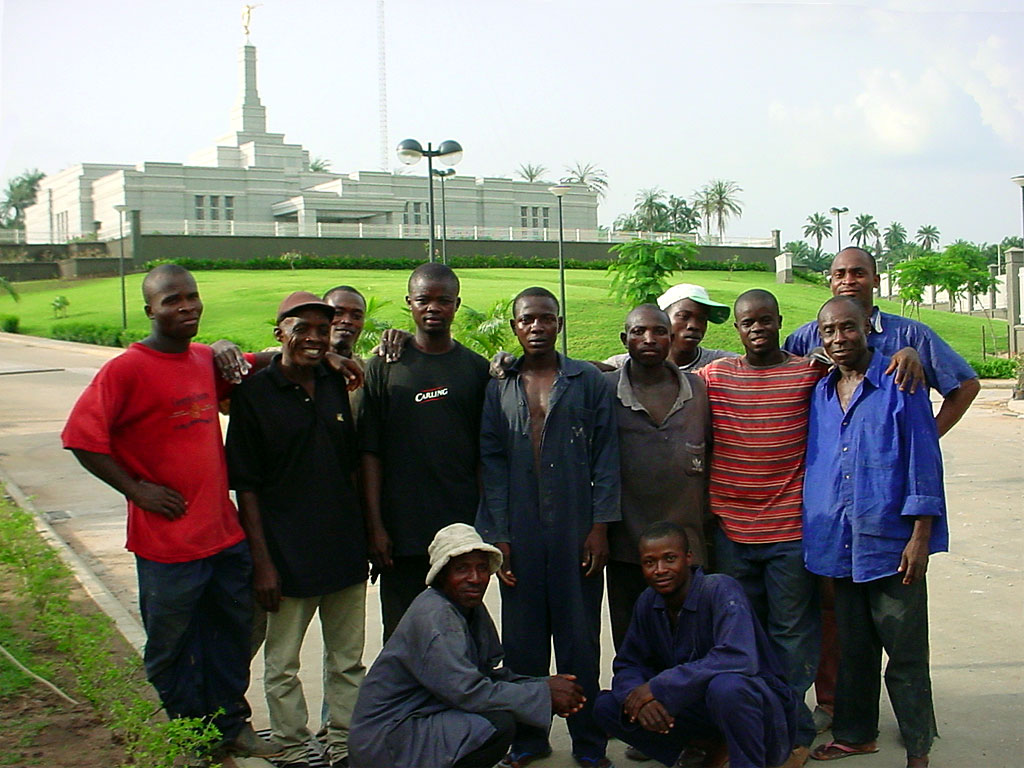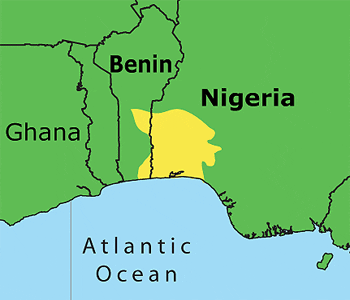
(dedicated AD 2005)
In 2014, Interpreter: A Journal of Mormon Scripture began publishing specially commissioned personal essays at Christmas and Easter. As of today, we’ve published a total of six such pieces. Here are the three Christmas essays that have appeared thus far:
First, by the Latter-day Saint novelist Orson Scott Card:
http://www.mormoninterpreter.com/christmas-is-about-a-baby/
Second, a Christmas essay by Clayton Christensen of Harvard Business School:
http://www.mormoninterpreter.com/he-did-it-a-christmas-message/
And that was followed by a Christmas message from Sharon Eubank, the director of LDS Charities (who has, since then, become a counselor in the general Relief Society presidency):
http://www.mormoninterpreter.com/the-song-i-cannot-sing/
***
I’m afraid that I haven’t done very well with the “Light the World” campaign this year. (I’m going to try to make up for it. Please be patient.) But here’s the one for today (Tuesday), 19 December 2017:
“Rejoice, and be exceeding glad.”
***

(Wikimedia Commons)
Speaking of rejoicing and being exceeding glad, here’s a song that, since I first heard it only a few years ago, has become one of my absolute favorite pieces of Christmas music. It was love at first hearing, and not for me only:
Awa yo, a ri Baba gb’ojule (We rejoice for we have a trustworthy father)
Awa yo, a ri Baba f’eyin ti (We rejoice for we have a dependable father)
(repeat)
Ni bo labe Jesu? (Where was Jesus born)
Ni bo labe bisi? (Where was he born?)
(repeat)
Betelehemu iluwa la, (Bethlehem, city of wonder)
Ni bo labe Baba o daju (That is where Father was born)
Inyi, inyi, furo (Praise, praise, be to Him)
Adupe fun o, jooni, (We thank you, today)
Baba olo reo (Gracious Father)
***
But here, unexpectedly, is a rather strange take on the Christmas story that involves neither rejoicing nor being glad. It’s a poem by T. S. Eliot (1888-1965), written in 1927 when he had just converted from a fairly lukewarm Unitarianism to a rather serious Anglicanism. He was, perhaps, concerned about the ramifications of this change. As was the Magus, the “Wise Man,” who narrates his poem:
“The Journey of the Magi”
A cold coming we had of it,
Just the worst time of the year
For a journey, and such a long journey:
The ways deep and the weather sharp,
The very dead of winter.’
And the camels galled, sorefooted, refractory,
Lying down in the melting snow.
There were times we regretted
The summer palaces on slopes, the terraces,
And the silken girls bringing sherbet.
Then the camel men cursing and grumbling
and running away, and wanting their liquor and women,
And the night-fires going out, and the lack of shelters,
And the cities hostile and the towns unfriendly
And the villages dirty and charging high prices:
A hard time we had of it.
At the end we preferred to travel all night,
Sleeping in snatches,
With the voices singing in our ears, saying
That this was all folly.
Then at dawn we came down to a temperate valley,
Wet, below the snow line, smelling of vegetation;
With a running stream and a water-mill beating the darkness,
And three trees on the low sky,
And an old white horse galloped away in the meadow.
Then we came to a tavern with vine-leaves over the lintel,
Six hands at an open door dicing for pieces of silver,
And feet kicking the empty wine-skins.
But there was no information, and so we continued
And arriving at evening, not a moment too soon
Finding the place; it was (you might say) satisfactory.
All this was a long time ago, I remember,
And I would do it again, but set down
This set down
This: were we led all that way for
Birth or Death? There was a Birth, certainly
We had evidence and no doubt. I had seen birth and death,
But had thought they were different; this Birth was
Hard and bitter agony for us, like Death, our death.
We returned to our places, these Kingdoms,
But no longer at ease here, in the old dispensation,
With an alien people clutching their gods.
I should be glad of another death.
Posted from Salt Lake City, Utah











